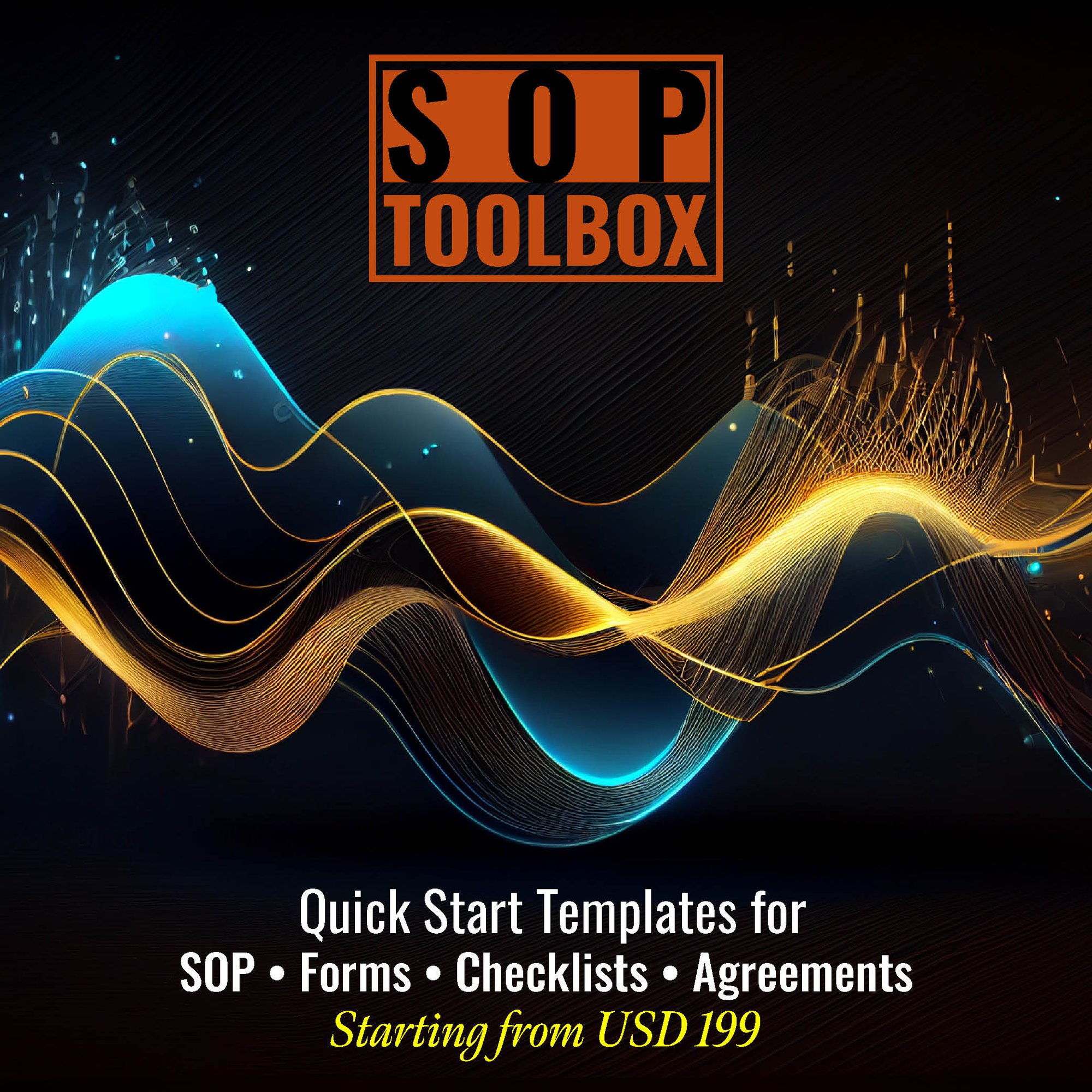Agreements hold significant importance in the realm of "Analytical Laboratory Instrument Manufacturing," a sector pivotal to scientific research, quality control, and technological advancement. These agreements encompass a range of critical aspects that underpin the success and efficacy of laboratory instrument manufacturers.Supplier agreements form the foundation of the manufacturing process, ensuring a reliable and consistent supply of raw materials, components, and equipment essential for producing high-quality analytical instruments. These agreements establish terms related to pricing, delivery schedules, quality standards, and technical specifications, fostering long-term partnerships with suppliers and enabling manufacturers to maintain product quality and innovation. Research and development (R&D) agreements are instrumental in driving innovation and technological advancement in analytical instruments. Collaborative agreements with research institutions, universities, and technology partners facilitate the development of new products, enhancement of existing technologies, and integration of cutting-edge features that meet evolving market demands and scientific requirements.Intellectual property (IP) agreements play a crucial role in protecting innovations, proprietary technologies, and product designs developed by laboratory instrument manufacturers. These agreements include patents, copyrights, trademarks, and trade secrets agreements, safeguarding intellectual assets and ensuring competitive advantage in the market. Distribution agreements are essential for reaching global markets and expanding the customer base. Partnerships with distributors, resellers, and sales agents enable manufacturers to penetrate new regions, establish market presence, and provide customer support and service, enhancing product accessibility and market reach.Furthermore, agreements related to regulatory compliance, quality assurance, warranty and service, supply chain management, and environmental sustainability are integral in ensuring product reliability, customer satisfaction, and industry compliance. By establishing clear terms, responsibilities, and standards, agreements in the analytical laboratory instrument manufacturing sector contribute to innovation, market competitiveness, and the advancement of scientific research and technological capabilities.















Leave a Reply